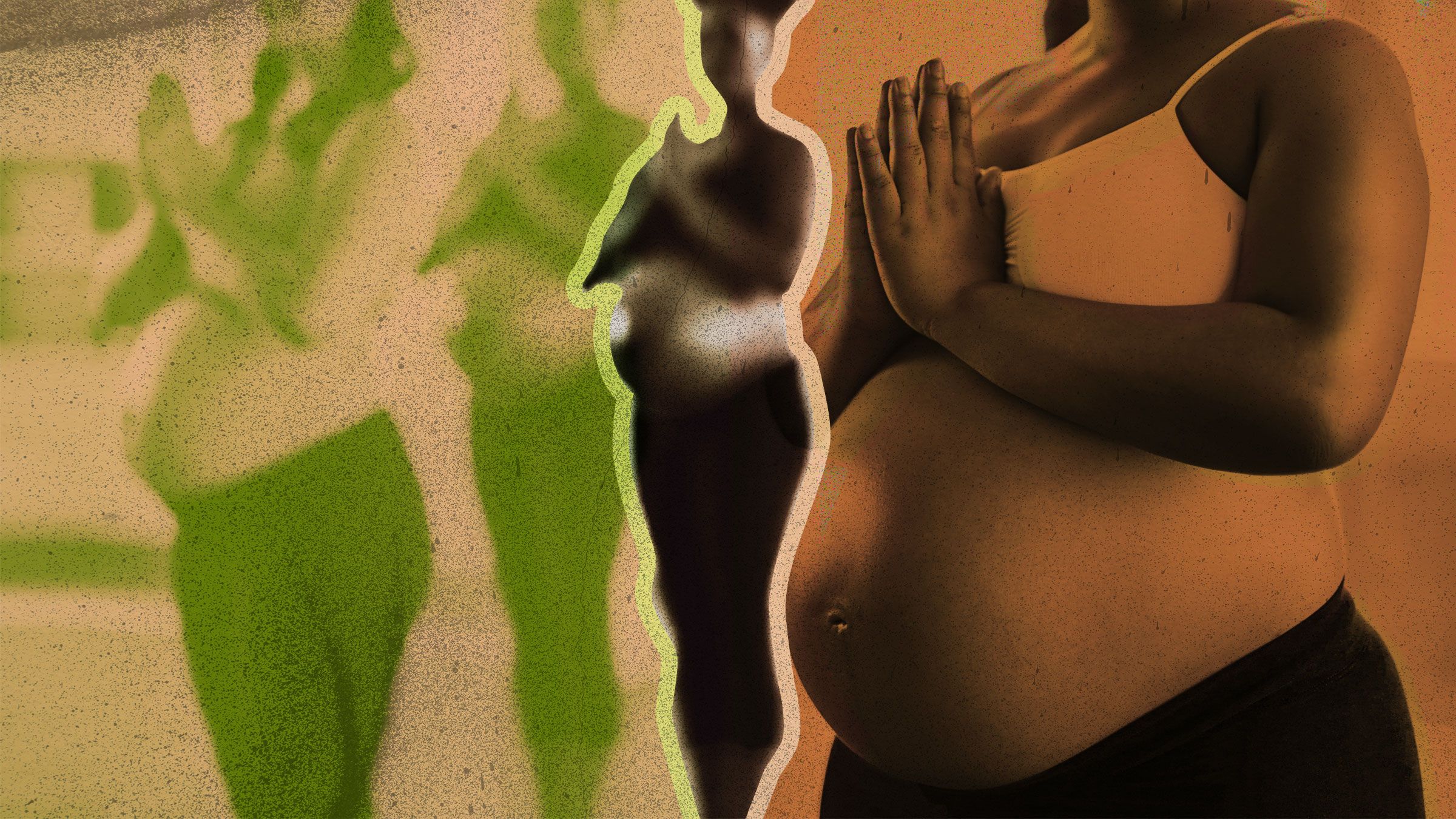Inequality Is a Health Risk—and It’s Getting Worse
…

Inequality Is a Health Risk—and It’s Getting Worse
Inequality in society has far-reaching consequences, and one significant impact is on public health. Research has shown that individuals living in poverty or facing economic disparities are more likely to experience poor health outcomes.
Access to healthcare, nutritious food, clean water, and safe living conditions are all crucial factors that contribute to overall well-being. Unfortunately, those with lower socioeconomic status often face barriers to these basic necessities.
Health disparities based on income and social status have been widening in recent years, exacerbating the negative effects of inequality on public health. This trend is particularly concerning as it can lead to a vicious cycle of poor health perpetuating economic hardship.
Furthermore, marginalized communities, including people of color, LGBTQ+ individuals, and immigrants, are disproportionately affected by health inequalities. Structural racism, discrimination, and lack of access to resources perpetuate these disparities.
Policies aimed at addressing these disparities and promoting health equity are crucial to combatting the negative impact of inequality on public health. Efforts to increase access to quality healthcare, affordable housing, education, and job opportunities are essential.
By acknowledging and addressing the root causes of health inequalities, we can work towards creating a more equitable society where everyone has the opportunity to lead a healthy and fulfilling life.
It is imperative that individuals, communities, and policymakers collaborate to address these systemic issues and strive for a more just and inclusive society where everyone can thrive.







